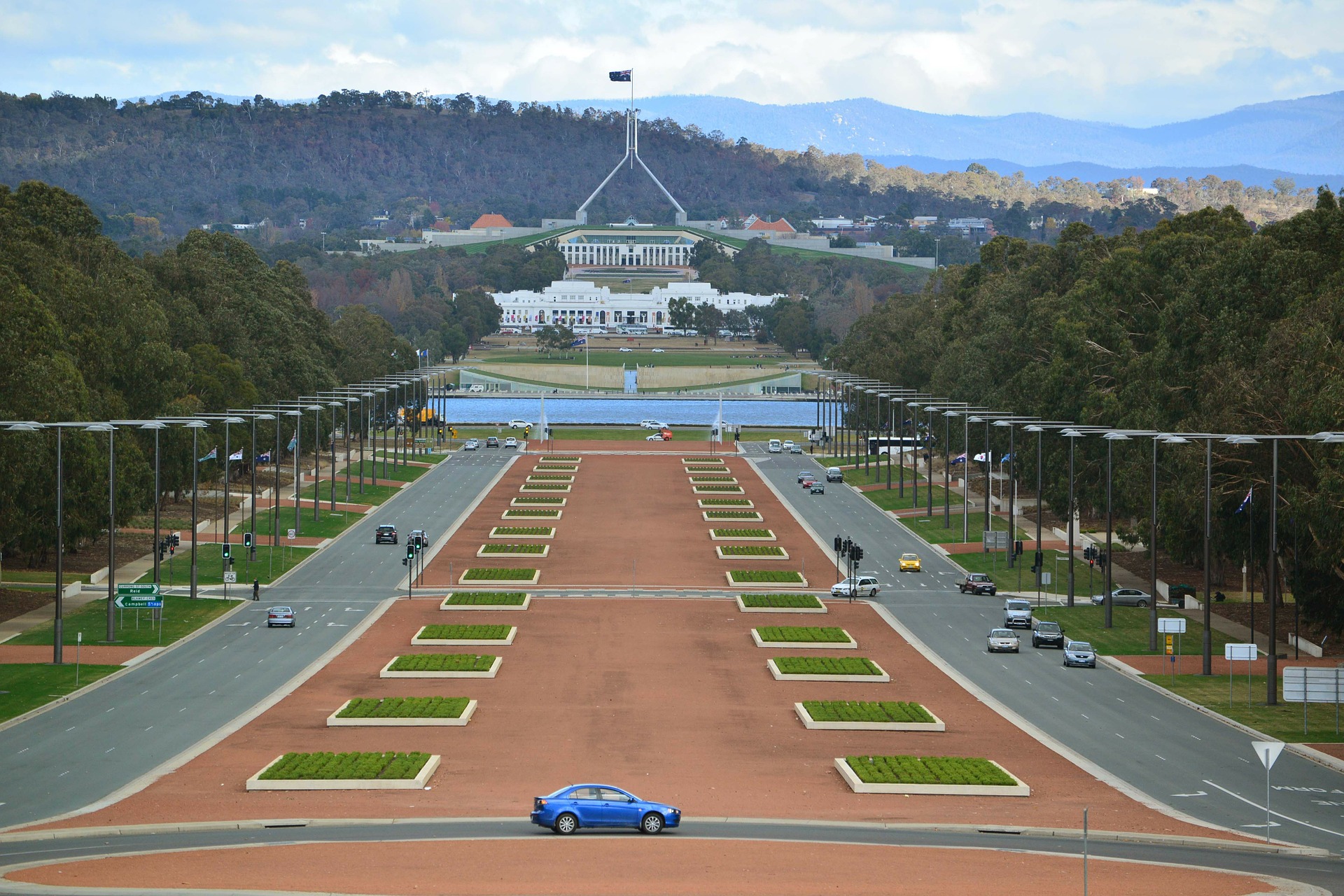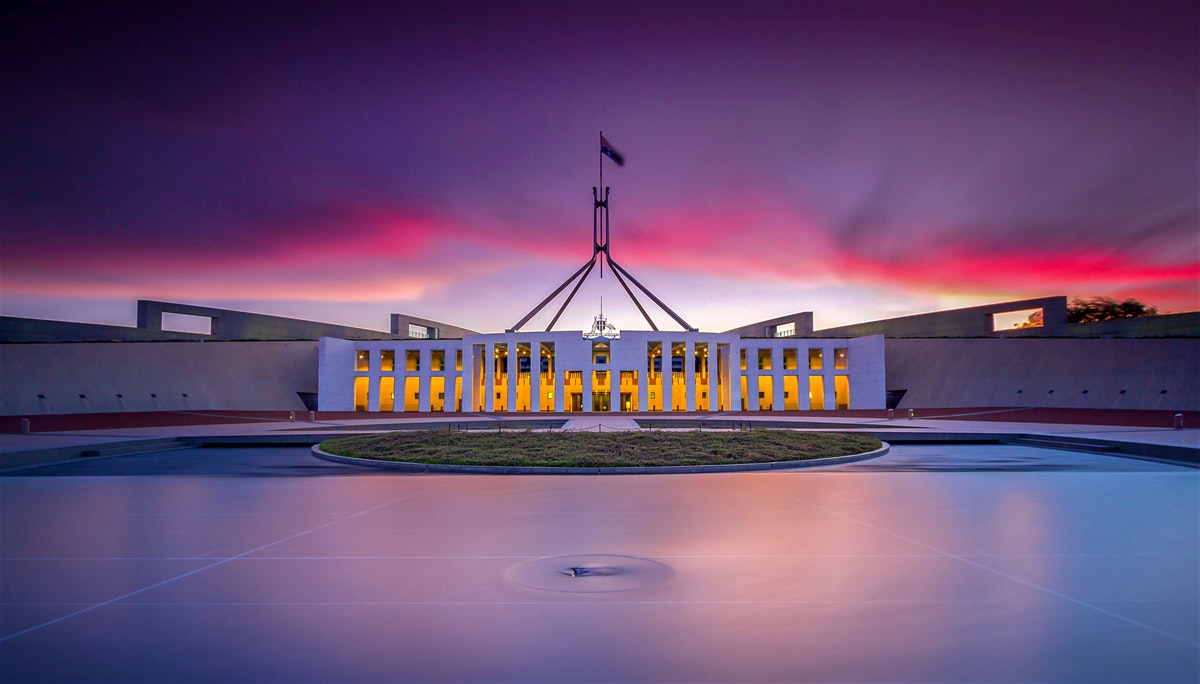
Politics & Society
Does government get the right advice?

Examining Nicholas Gruen’s proposal for an Evaluator General to ensure policy is genuinely evidence-based
Published 15 June 2018
It is the eternal struggle of governments to ensure the taxpayer gets value for money and that services are delivered effectively and fairly.

Politics & Society
Does government get the right advice?
In this episode, The Policy Shop considers how we can improve public policy in Australia, examining a proposal for a new model for evidence-based policy.
Patricia Rogers, Professor of Public Sector Evaluation at the Australia and New Zealand School of Government (ANZSOG) and Nicholas Gruen, CEO of Lateral Economics join host, Professor Glyn Davis, Vice-Chancellor of the University of Melbourne.
Episode recorded: 5 June 2018 Series producer: Eoin Hahessy Audio engineer: Gavin Nebauer
Banner image: Pixabay
Subscribe to The Policy Shop through iTunes.